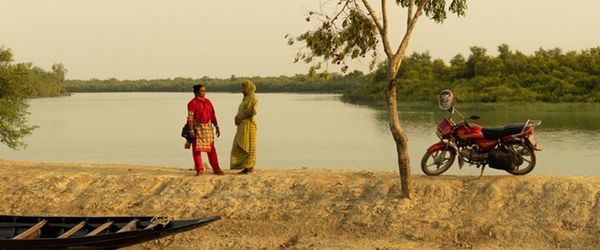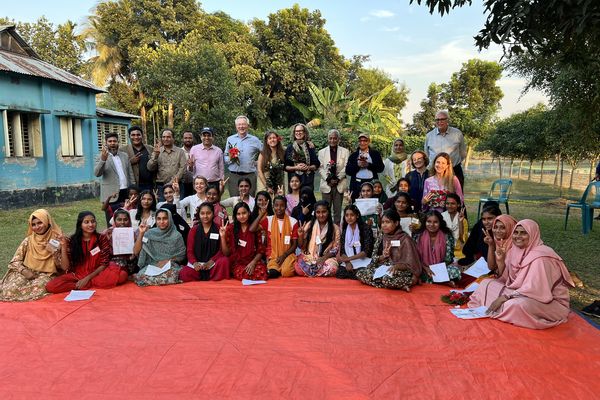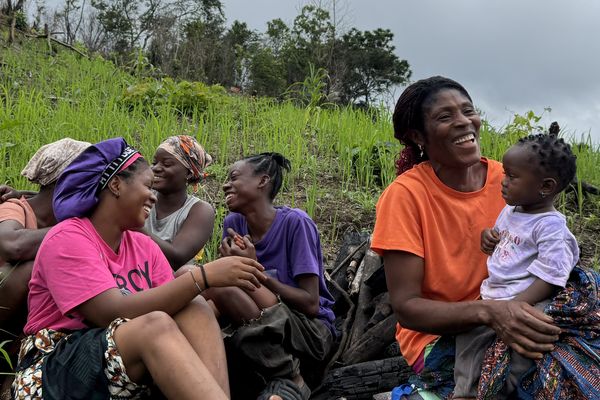Of all the challenges that households in vulnerable situations tackle, health ‘shocks’ often cause the most damage. Healthcare costs push up to five million people a year into poverty in Bangladesh.
BRAC’s answer is to support the national healthcare system, with a community-driven healthcare system, that ensures everyone can access high-quality affordable services up to the last mile.
Our first approach in the early 1970s took inspiration from China’s ‘barefoot doctors’, and we started training local men to treat simple illnesses, provide family planning information and dispense essential drugs for a small fee.
The model did not work as expected, and we realized we needed an approach that took gender into account. We began meticulously recruiting, training and supporting women from local communities to work as community health workers, who knew the people they served and understood the challenges they faced.
Known as shasthya shebika, these women travel doorto-door in their own communities, providing services such as general health promotion, family planning and pregnancy-related care, as well as health and nutrition education, and facilitate linkages with formal providers. They are trusted in their communities and play a vital role in allaying fears and common misconceptions - which can be as dangerous as illnesses.
Shasthya shebikas work as volunteers, and receive regular training, supervision and reduced-price products like oral contraceptives, birthing kits and vegetable seeds, which they sell at a small markup. Shasthya kormis, community health workers with higher levels of training employed by BRAC, supervise groups of 10 shasthya shebikas each.
These women represent a crucial infrastructure that is not available on the same scale in many higher-income countries. Their work, reaching 100 million people and counting, is providing valuable lessons about the role of community health workers in responding to health crises globally.
BRAC’s healthcare system has now expanded much broader than just operating the community health worker network, but these women still provide the backbone for the system. They are widely perceived to have played a significant part in Bangladesh’s remarkable progress in reducing deaths in children under five, the highly acclaimed success of Bangladesh’s tuberculosis and malaria control programs and a number of globally recognized public health achievements.
Our staff are always on the ground, looking for solutions.
This can also be seen in our work on safe migration, which started with a handful of volunteers trying to raise awareness about migration in rural areas in Bangladesh where migration rates were high.
Most migrant workers from Bangladesh do not have formally-documented skills, which puts them in a vulnerable position in terms of both net remittance earnings and bargaining power with employers. Thousands put their lives in the hands of traffickers to make treacherous crossings, often disappearing, dying or returning home with severe mental and physical injuries. BRAC staff started tracking flights and meeting returnee migrants, who were often severely traumatized and distraught, at the airport, providing emergency support from the moment they arrived. Today, our operations are driven by thousands of staff and volunteers in communities, who run voluntary migration forums to prevent people from getting lured into fraudulent recruitment schemes and extend legal support to those who were cheated, as well as facilitating the socio-economic reintegration of returnee migrant workers. The emergency support at the airport has become a formal service and now extends to negotiations with host governments to ensure the safe return of the workers, and a job-matching service to ensure access to formal opportunities.
Our solutions work, as a result of our extensive frontline knowledge, which comes from years of understanding and working closely in communities.



